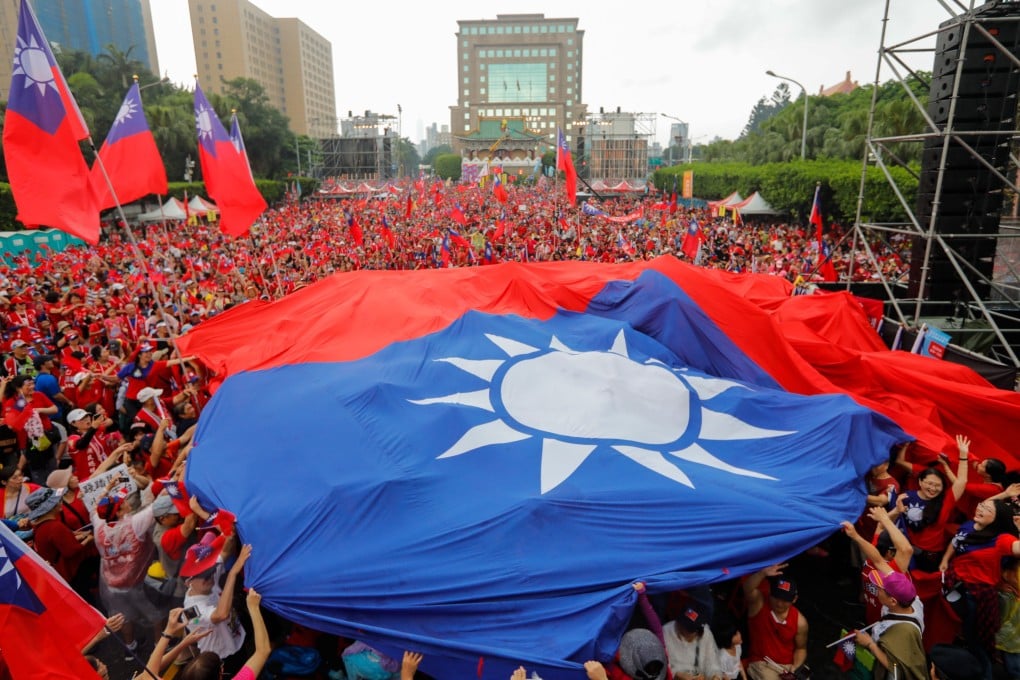Advertisement
Taiwan’s DPP and KMT launch primaries for 2020 presidential elections
- Candidates announced in what is being seen as a showdown between the self-ruled island’s pro-independence and pro-unification camps
- Popular Kaohsiung mayor Han Kuo-yu is ahead of other potential contenders – including Tsai Ing-wen – in most opinion polls
Reading Time:3 minutes
Why you can trust SCMP

Lawrence Chungin Taipei
Taiwan’s ruling Democratic Progressive Party and the opposition Kuomintang have begun selecting their presidential candidates, setting the stage for a showdown between the self-ruled island’s pro-independence and pro-unification camps.
The independence-leaning DPP on Monday announced the start of its primaries to choose between President Tsai Ing-wen and former premier William Lai Ching-te to contest the January election.
“Whoever wins the primaries being held from Monday to Friday will represent the party and run in the 2020 presidential poll,” DPP spokesman Chou Chiang-che said, adding the primaries would be based on public opinion surveys and the results would be announced on June 19.
Advertisement
The mainland-friendly KMT meanwhile announced five candidates for its primaries, based on public opinion surveys to be held between July 5 and July 15, with the results to be made public on July 16.

Advertisement
The KMT candidates are Kaohsiung mayor Han Kuo-yu, Foxconn billionaire chairman Terry Gou Tai-ming, former New Taipei mayor Eric Chu Li-luan, former Taipei county magistrate Chou Hsi-wei and Chang Ya-chung, president of the Sun Yat-sen School in Taipei.
Advertisement
Select Voice
Choose your listening speed
Get through articles 2x faster
1.25x
250 WPM
Slow
Average
Fast
1.25x